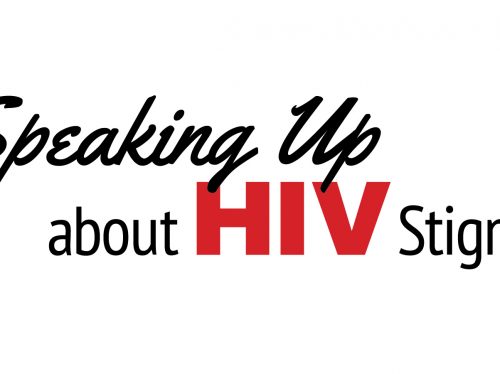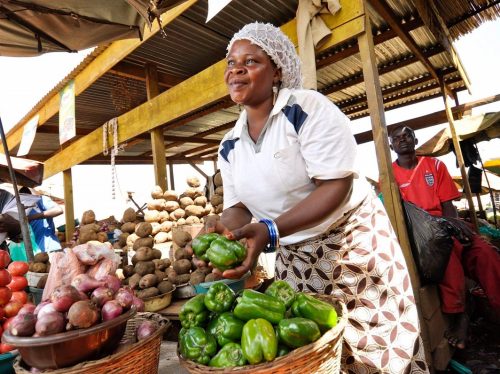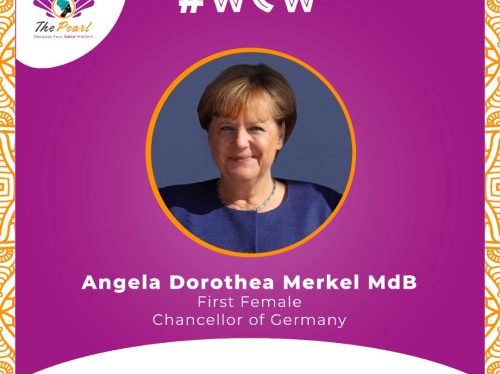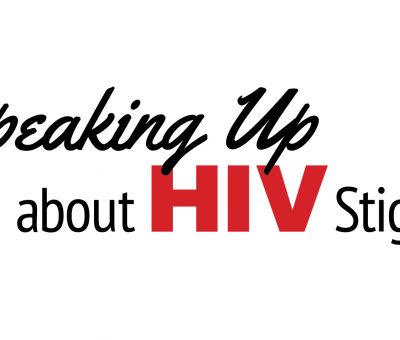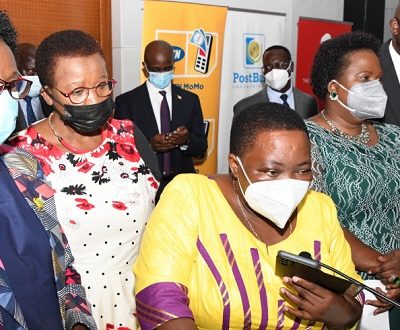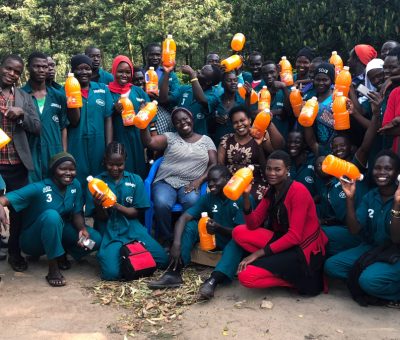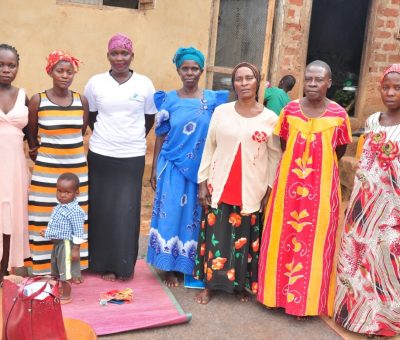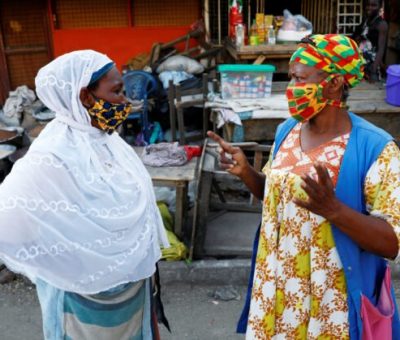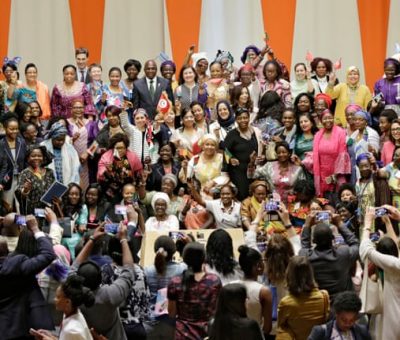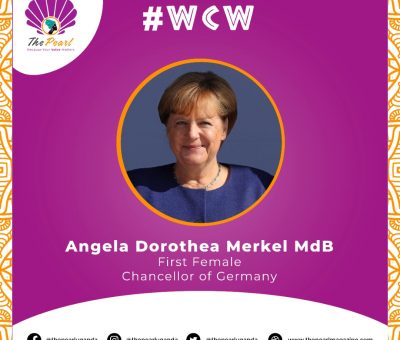Alinda’s gift boxes paving way for fight against HIV stigma
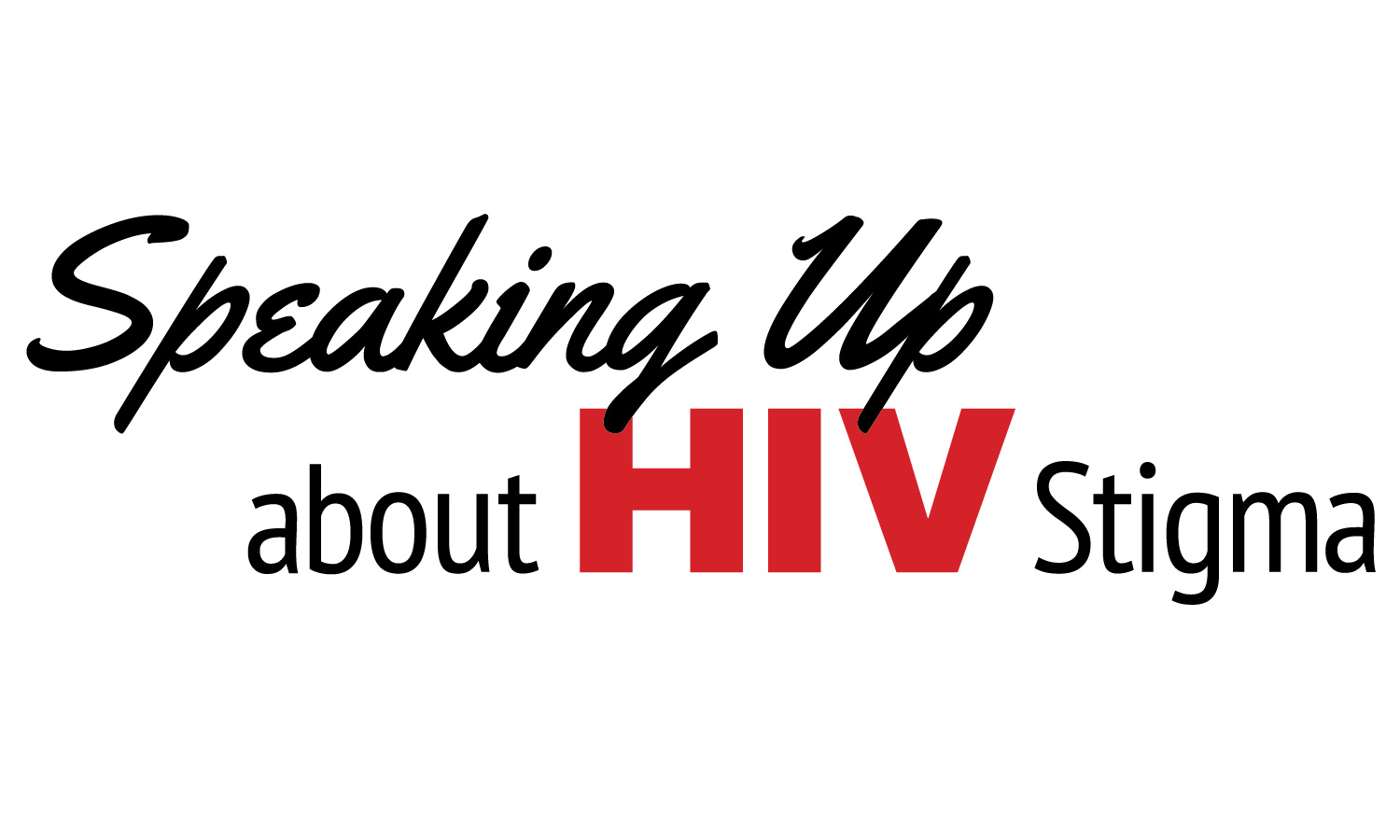
Uganda is among African countries that have been hard hit by HIV/AIDS with prevalence among people of working age (15-49) being 3.7% according to the Ministry of Health. These represent roughly half of the population that are affected by HIV/AIDS, making it important to target them with prevention efforts.
In addition, HIV-related stigma and discrimination in places of work are frequent in most affected societies. Research by the International Labour Organisation (ILO) indicates that HIV-related stigma and discrimination present major barriers to HIV/AIDS prevention, treatment, and care in the workplace.
This is largely because it hinders the uptake of HIV/AIDS counselling and testing among employees. In the workplace, employees may suffer from HIV-related stigma and discrimination from their co-workers, supervisors or even employers in the form of social isolation, ridicule, and termination.
Alinda Sheila, the founder of ‘Kyendi Kyendi’ is challenging stigmatization and discrimination by coming up with a more private, fun and confidential way to communicate with those affected using gift boxes.
Born with HIV, Sheila Alinda lost her mother to AIDS when she was only 6 years old. At the age of 11 while preparing to start boarding school, she was told by her stepmother, a counsellor, that she is HIV positive. Aside from being traumatized by the news, Sheila witnessed first-hand how young people living with HIV were being ridiculed and how hard it was for many to keep up with their medication routine.
“As a team who are well aware of the disease and the developing stigma and discrimination, we decided to come up with a system that can encourages patients to keep up with their medication and easily access it without revealing their status,” Alinda says.
Kyendi Kyendi in Luganda means “I am who I am”. The social enterprise offers user-centred service providing medication delivery and SMS reminders.
“We make it confidential. We support HIV clients who have health care stigma, unemployment stigma and those who face challenges leaving their workplaces to access medication,” she adds.
The social enterprise based in western Uganda is designed to help young people continue with their HIV treatment through individualized services. “We make it as anonymous as possible, by wrapping it in form of a gift. We also use text message reminders which are drafted in a creative and discreet manner and leave the package in agreed-upon, confidential locations,” Alinda says.
For example, a message saying “Wake up, grab your shoes and run” is discreet and fun enough for others not to understand it. However, the coded message is understood by the receiver regarding their anti-retroviral medication.
In a campaign to fight HIV stigmatisation, National AIDS Trust, a UK based rights charity recommends increasing access to accurate information on HIV and HIV transmission using a range of media tools.
This is done by addressing messages on different aspects of stigma, challenging negative media messaging around HIV and using relationships with the media to maintain more accurate reporting.
Alinda’s more than 80 clients are benefiting greatly from her creative concept. They are more confident and can adhere to their medication routine thus drastically improving their overall health.
thepearluganda























